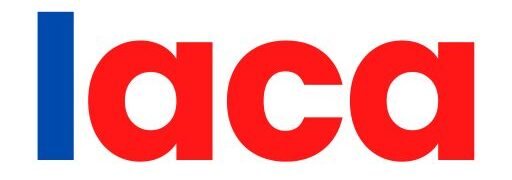Many taxpayers are eligible for IRS refunds that can exceed $3,000, thanks to various tax credits and deductions. However, many people either don’t claim these benefits or are unaware they qualify. If you’re wondering how to maximize your refund, here’s a detailed guide on eligibility, the claiming process, and common mistakes to avoid.
Understanding Key Tax Credits
One of the primary ways to increase your refund is by taking advantage of tax credits. The Earned Income Tax Credit (EITC) is available to low and moderate-income workers and can provide refunds between $560 and $6,935, depending on income and the number of children. The Child Tax Credit (CTC) has also increased, with a maximum Additional Child Tax Credit of $1,700 per qualifying child in 2024.
If you missed out on previous stimulus checks, you may still be eligible for a Recovery Rebate Credit, which could add an extra $1,400 to your refund. To claim it, you must file a 2021 tax return by April 15, 2025.
Eligibility Criteria
To qualify for these tax benefits, you must meet certain requirements. For the EITC, your earned income should be within the set IRS limits, and you must meet specific investment income and filing status requirements. The CTC requires that your child be under 17 at the end of the tax year and meet IRS dependency rules. For the Recovery Rebate Credit, if you didn’t receive your full stimulus payment, you can claim it by filing a 2021 tax return before the deadline.
How to Claim Your IRS Refund
The first and most important step is to file your tax return on time. Even if you are not required to file, submitting a return is the only way to claim certain credits. If you are filing for previous years, note that refunds expire after three years.
Use IRS resources like the “Where’s My Refund?” tool to track your status. E-filed returns are typically processed within 21 days, while mailed paper returns take longer. Choosing direct deposit speeds up the process and reduces the chances of lost or delayed checks.
Common Mistakes That Delay Refunds
One of the biggest mistakes taxpayers make is missing filing deadlines, which can result in losing out on refunds entirely. Incorrect personal details, such as your Social Security number, can also cause delays. Many people fail to claim eligible credits, leaving money on the table. Reviewing your return thoroughly before submission helps avoid these issues.
Conclusion
By understanding and utilizing tax credits like the EITC, CTC, and Recovery Rebate Credit, you can significantly boost your IRS refund. Make sure to check your eligibility, file on time, and take advantage of IRS tools to track your refund. Don’t leave money unclaimed file today and get the refund you deserve.




